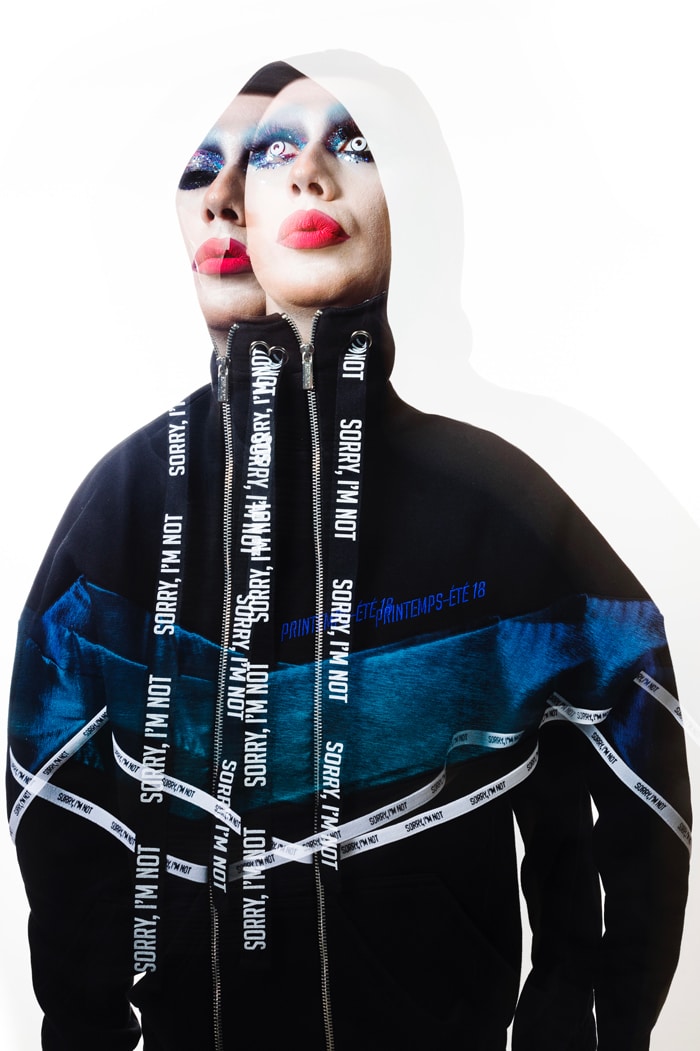What does Spotify’s new direct upload feature mean for artists and consumers?

Until recently the only way for independent artists to go about uploading their music to Spotify has been to go through digital aggregators such as TuneCore or CD Baby, who either charge an annual fee to get your music uploaded to all streaming patterns or take a cut of the already essentially non-existent revenue you get from each stream. Recent estimates suggest that Spotify pays artists around $0.00397 per play, and that’s before distributors, labels and anyone else involved take their, erm, slice of the pie.
Spotify is the leading platform in the streaming market share and your play-count has increasingly become the metric for which your success and trajectory are determined—these numbers are one of the first things interested labels, bookers and industry-types will look for and landing a spot in one of Spotify’s curated playlists is essentially the only way to make real money from digital. Although the fees aren’t necessarily extortionate, this has still created a major obstacle for independent musicians—especially working class artists who simply can’t afford to put their tracks on these platforms in the first place.
In a fairly unprecedented move, Spotify is now currently beta-testing a new feature which allows artists to bypass digital distributors and upload their tracks for free via the platform’s recently-launched Spotify For Artists service. The move has been, for the most part, praised across the board—supposedly democratising a service that plays a crucial part in a career in music, an industry which is still very much shielded off to those from poorer socio-economic backgrounds. While everyone was singing Spotify’s praise, I began to ponder what this new move will actually mean for artists and consumers.

Although it’s still in its beta phase and if it proves successful will no doubt be rolled out on a larger scale, the feature isn’t open to everyone. Right now it’s only been offered to a few hundred U.S. musicians who have access to Spotify For Artists, which has around 200,000 users who account for approximately 70 percent of all streams on the platform. Unlike Soundcloud and Bandcamp, where anyone can sign up and upload their music, in order to get even invited to Spotify For Artists you have to be a verified user. So although it’s been heralded as a decentralisation of distribution it’s actually quite the opposite. Still closed off to a large portion of music-makers and no doubt a strategic move to stifle any competition and further monopolise the streaming world, it’s not quite the progressive leap it’s being described as.
For consumers, it’s a similar tale. In theory, it should offer a much larger, more diverse pool of music to listen to but, for similar reasons, it’s quite unlikely that’ll be the case. Even if it did lead to that, however, will it really make a difference? Consumption on Spotify is so algorithmic that it’s unlikely you’ll ever encounter anything by any of those artists who finally have access to the platform. We already have a pretty considerable chunk of the entire history of recorded music a few clicks away but we still end up stuck listening to the same old stuff on repeat, rarely breaking from the clutches of ‘recommended’ artists. There’s also the argument that Spotify may end up having an increased amount of established artists upload exclusively to its platform, seeing as there is no longer a need to go through a third party. Obviously to those already signed up for Spotify this isn’t an issue, but this new feature yet another way it could have a negative effect on music consumers.
All in all I do believe this is a step in the right direction but if we want to truly democratise music distribution, there is still a lot of work that needs to be done. Obviously to those already signed up for Spotify this isn’t an issue, but this still suggests another way it could have a negative effect on music consumers more broadly.




